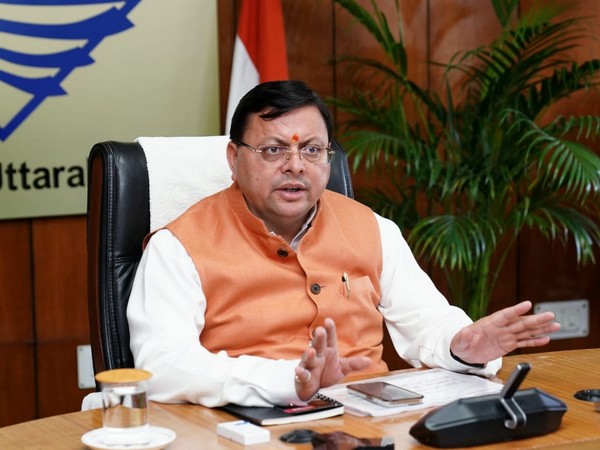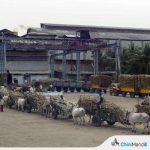Dehradun (Uttarakhand): Uttarakhand Chief Minister Pushkar Singh Dhami on Tuesday announced the development of six Aroma Valleys in the state and said that the government is committed to the welfare of farmers.
He said, “Six Aroma Valleys are being developed in the state. Through this, more than 37 thousand farmers will be benefited and more than 70 thousand employment opportunities will be created.”
Aroma Valleys is a project in Uttarakhand to promote aromatic and medicinal farming aimed at reducing human-wildlife conflict by growing aromatic plants.
Earlier on Monday, CM Dhami participated in a programme organised on the occasion of World Minorities’ Rights Day.
The programme was organised at the Himalayan Cultural Centre, Garhi Cantt, Dehradun. On this occasion, CM Dhami released the booklet of the Minority Commission.
While speaking on the occasion, the Chief Minister said, “Today is the day to remember our fundamental duties to protect and promote the unity and integrity of India. The root of India’s unity and integrity is the uniformity found in our cultural diversity. This feeling of unity in diversity serves to unite the country. Our Indian culture has been to respect all sects.”
The Chief Minister said that “under the leadership of Prime Minister Narendra Modi, India’s culture and potential are expanding across the world. Through the mantra given by him, Sabka Saath, Sabka Vikas, Sabka Vishwas and Sabka Prayas, efforts are being made to empower every section of society in the new India.”
The Chief Minister said that “the Central and State Governments are providing various schemes, including Ayushman Bharat Yojana, Jan Dhan Yojana, Ujjwala Yojana, tap water to every house, PM Garib Kalyan Anna Yojana, construction of toilets under Swachh Bharat Abhiyan, housing schemes, etc., which have worked to solve public problems.”
Further, the Chief Minister said, “Work is being done to implement a Uniform Civil Code in the state soon.” He added, “Everyone will have to cooperate to make Uttarakhand a leading state in every field by 2025.”
(With inputs from ANI)












